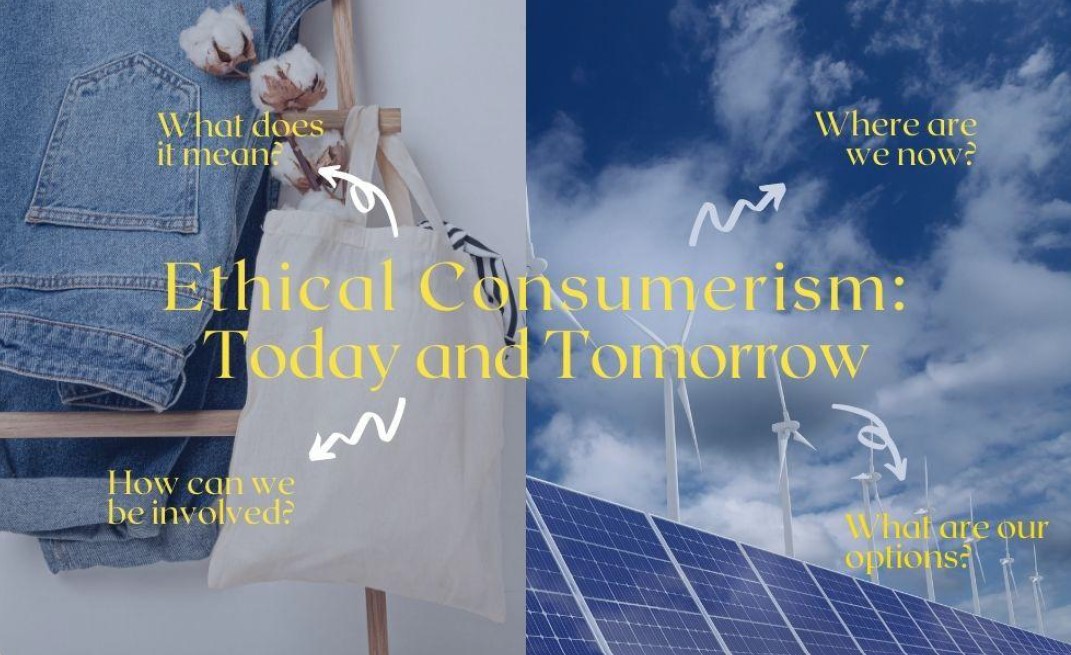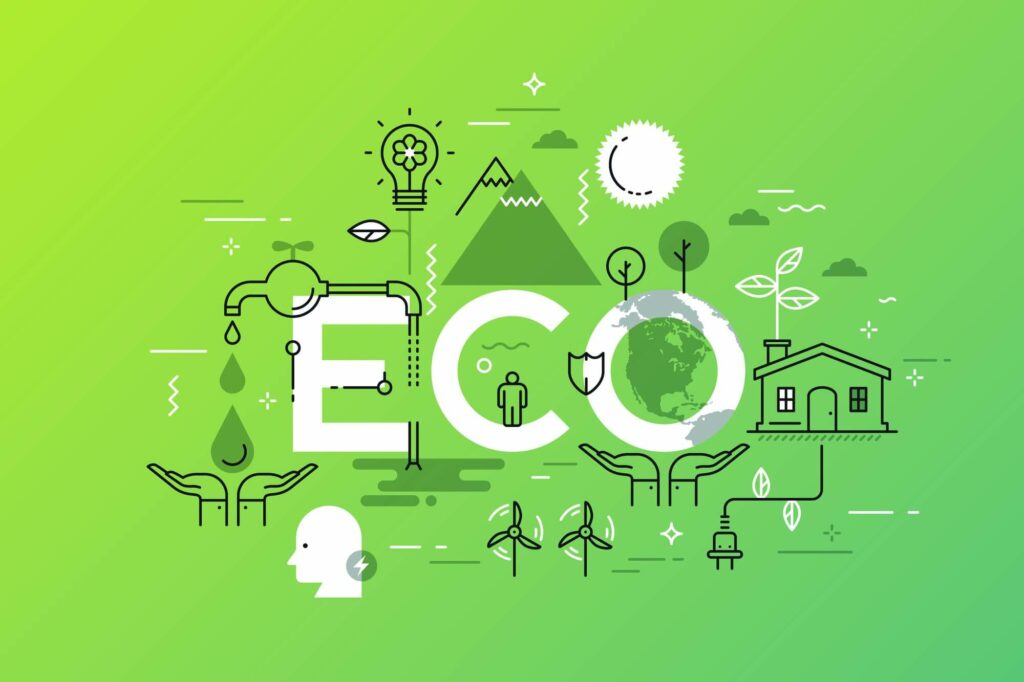Ethical Consumerism: Shaping a Responsible Future
In an age of heightened awareness, ethical consumerism has emerged as a powerful force driving change. Ethical consumerism refers to the practice of making purchasing decisions based on considerations of social and environmental impact. This concept has gained significant momentum in recent years, reflecting a growing desire among consumers to align their consumption habits with their values. As technologies advance, ethical consumerism stands poised to evolve further, catalyzing even greater positive change.
The Current Landscape of Ethical Consumerism
Ethical consumerism today reflects a conscious shift in purchasing behavior. We voice our concerns on sourcing, production methods, energy conservation, and the overall impact of our brands and their messages. There are many ways businesses can utilize sustainable practices, and there are many more to come. Key aspects of ethical consumerism include:
1. Sustainable Sourcing: Consumers are prioritizing products that are sourced sustainably, minimizing environmental harm, and promoting responsible resource use.
2. Fair Labor Practices: Ethical consumers advocate for products made under fair labor conditions, ensuring workers are treated ethically and compensated fairly.
3. Animal Welfare: The treatment of animals in the production of goods has become a
significant concern, prompting consumers to support cruelty-free and ethically sourced products.
4. Reduced Carbon Footprint: Minimizing the carbon footprint of products, from manufacturing to transportation, is a central focus, driving interest in locally made items and eco-friendly supply chain solutions.
5. Transparency and Accountability: Brands that communicate openly about their practices and demonstrate accountability in their supply chain are favored by ethical consumers.
Interested in learning more about ethical consumerism? Check out this excerpt from the Cozy Radio Podcast by Vance.
The Future of Ethical Consumerism with Advanced Technologies
As advanced technologies continue to transform industries, ethical consumerism is poised to leverage these innovations for an even greater positive impact:
1. Blockchain and Supply Chain Transparency
Blockchain technology can create transparent and traceable supply chains, ensuring that products are sourced and produced ethically. Consumers will have access to verifiable information about a product’s journey from origin to shelf.
2. Artificial Intelligence for Product Assessment
AI can help assess the ethical credentials of products by analyzing data on sourcing, production, and environmental impact. This will empower consumers and place pressure on manufacturers.
3. 3D Printing and Localized Production
3D printing enables localized and on-demand production, reducing the need for long-distance transportation and excessive manufacturing waste. This trend aligns with ethical consumers’ emphasis on reducing carbon footprints.
4. Renewable Energy-Powered Production
Technologies like solar and wind power can be integrated into manufacturing processes, making production more environmentally friendly and reducing reliance on fossil fuels.
5. Virtual Reality for Ethical Immersion
Much like AI, VR has lots of untapped potential. We can transport ourselves into production environments, allowing us to witness the conditions and processes firsthand. With the rise of delivery services, we could even shop “in-store” from home. The ways in which we can increase consumer awareness are almost limitless!
The Importance of Ethical Consumerism
Ethical consumerism plays a pivotal role in driving positive change on multiple fronts:
1. Environmental Conservation: By supporting sustainable and eco-friendly products, consumers contribute to the preservation of natural resources and the reduction of pollution.
2. Human Rights and Social Justice: Ethical consumerism promotes fair labor practices and human rights, discouraging exploitative working conditions and unethical business practices.
3. Market Transformation: Consumer demand for ethically produced goods encourages industries to adopt sustainable practices, gradually transforming entire markets.
4. Empowerment of Consumers: Ethical consumerism empowers individuals to actively participate in shaping a better world through their everyday choices.
Click here to check out the SustainabilitybyVance Impact Report. Learn how we are committed to protecting our oceans.
Becoming Ethical Consumers: Action at Various Levels
1. Individual Level: Research products, read labels, and choose brands that align with your values. Reduce consumption, repurpose items, and adopt a minimalist approach.
2. Community Level: Engage in discussions about ethical consumerism, share information, and collaborate with local organizations to promote sustainable practices.
3. Corporate Engagement: Encourage businesses to adopt ethical practices by supporting those who demonstrate responsibility and holding others accountable for their actions.
4. Policy Advocacy: Support policies and regulations that incentivize ethical production and hold companies accountable for their social and environmental impact.
Conclusion
Ethical consumerism has evolved from a niche concept to a driving force behind transformative change in how we produce and consume goods. With advanced technologies at our disposal, the future of ethical consumerism holds even greater promise, enabling us to make more informed and impactful choices. By embracing ethical consumerism at all levels, we can shape a world that respects its inhabitants and the planet we call home.



2 thoughts on “Ethical Consumerism: Shaping a Responsible Future”